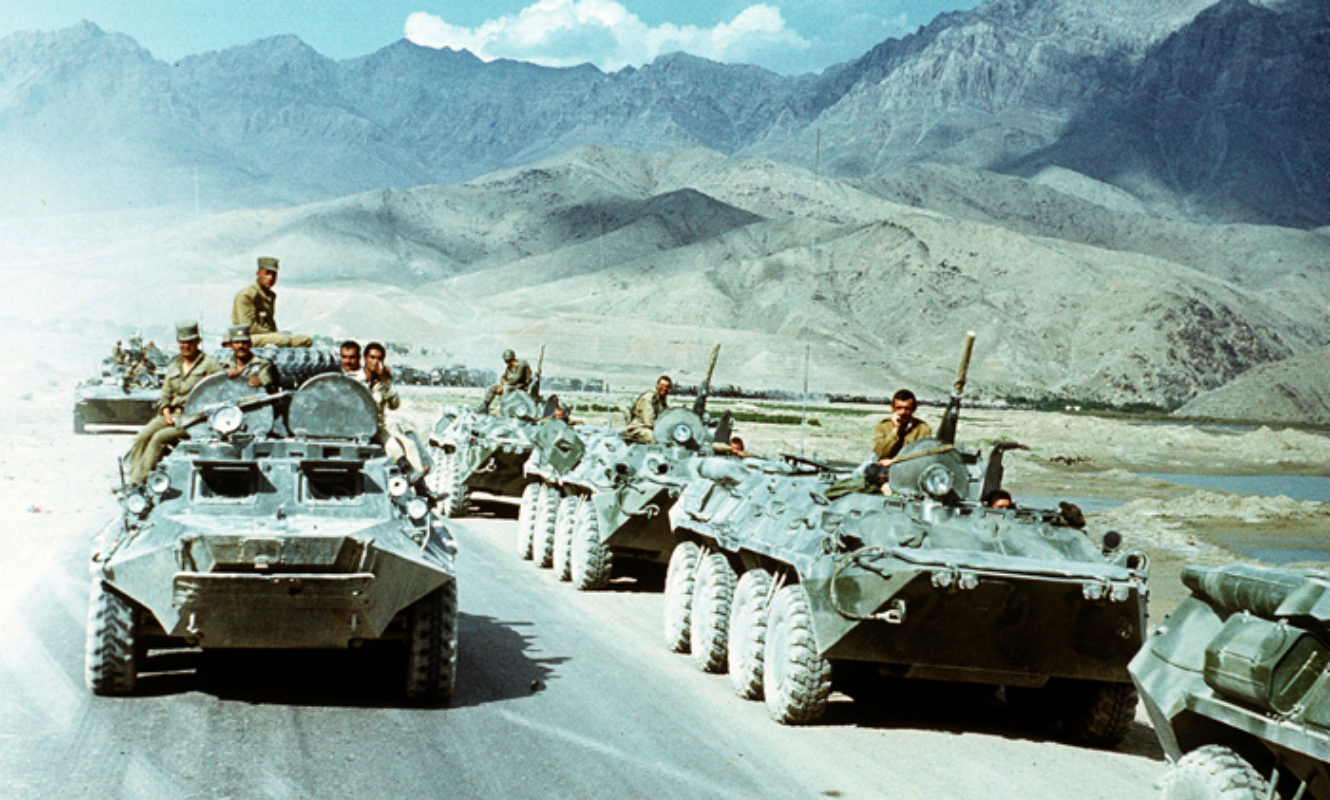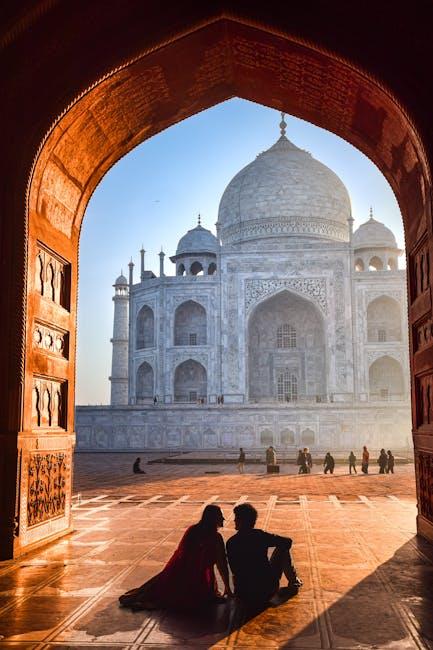Welcome, fellow time travelers and history enthusiasts, to a journey through the murky waters of historical autocracies and dictatorships. Strap in, because we’re about to dive headfirst into the dramatic and often comical world of absolute power and questionable fashion choices. From tyrants with an affinity for flamboyant hats to despots with a penchant for elaborate palaces, we’ll explore the good, the bad, and the downright absurd of some of history’s most infamous rulers. So grab your gilded scepter and prepare to be entertained as we uncover the fascinating stories behind these dictatorial figures.
Key Characteristics of Autocracies and Dictatorships
Autocracies and dictatorships are known for their unique set of characteristics, which set them apart from other forms of government. Here are some key traits that define these authoritarian regimes:
- One-man rule: In autocracies and dictatorships, power is concentrated in the hands of a single individual, who often wields absolute control over the government and its institutions. Forget about checks and balances, it’s all about one person calling all the shots!
- Suppression of dissent: Freedom of speech? Forget about it! In autocracies and dictatorships, any form of opposition or criticism is quickly stamped out, often through censorship, propaganda, or even physical violence. Don’t even think about sharing your unpopular opinions on social media!
- Cult of personality: Autocrats and dictators love to create larger-than-life personalities for themselves, often through grandiose propaganda campaigns or by plastering their faces on billboards and posters all over the country. Who needs humility when you can have your own face everywhere you look?
- Corruption and nepotism: In autocracies and dictatorships, it’s not what you know, but who you know that matters. Cronyism and corruption run rampant, with leaders often appointing friends and family members to key positions of power, regardless of their qualifications. Who needs meritocracy when you can hire your cousin’s best friend’s auntie’s nephew?

Rise to Power: Understanding the Path to Authoritarian Rule
So, you want to become an authoritarian ruler, huh? Well, you’re in luck because I’ve got the inside scoop on how to climb that power-hungry ladder. Strap in, folks, it’s going to be a wild ride!
First things first, you’ve got to establish your dominance. Show those peasants who’s boss! Take a page out of the dictator handbook and adopt a fierce-looking wardrobe. Think military uniforms, oversized hats, and lots of shiny medals. Make sure everyone knows you mean business!
Next up, you’ve got to build a loyal following. Surround yourself with “yes-men” who will do your bidding without question. Offer them perks like free doughnuts or a designated parking spot. Trust me, a little bribery goes a long way in the quest for power!
Lastly, you’ve got to crush any opposition. Use your charming personality to sway the masses and eliminate anyone who dares to challenge your authority. Remember, it’s all about staying one step ahead of the game and never letting your guard down. With a little bit of cunning and a whole lot of luck, you’ll be ruling with an iron fist in no time!
Impact on Society: Examining the Effects of Oppressive Regimes
When it comes to oppressive regimes, the impact on society is undeniable. Let’s take a closer look at the effects that these regimes have on the people they govern:
- Suppression of Freedom: One of the most noticeable effects of oppressive regimes is the suppression of freedom. Citizens are often deprived of their basic rights and liberties, living under constant fear of punishment for speaking out against the government.
- Economic Strain: Oppressive regimes can lead to economic instability, as resources are often mismanaged and corruption runs rampant. This can result in widespread poverty and unemployment, making it difficult for people to provide for themselves and their families.
- Mental Health Impact: Living under an oppressive regime can have a significant impact on the mental health of individuals. The constant stress and fear of reprisal can lead to anxiety, depression, and other mental health issues.
Overall, oppressive regimes have a profound and lasting impact on society, affecting every aspect of people’s lives. It’s important to recognize the negative effects of these regimes and work towards creating a more just and equitable society for all.

Tools of Control: How Autocrats Maintain Power
Autocrats have a wide array of tools at their disposal to maintain power, making sure they stay at the top of the food chain. Here are a few of the most effective ways they keep the peasants in line:
- Propaganda: Autocrats are masters of manipulation, spreading lies and deceit to control the minds of their subjects. From state-controlled media to outrageous claims of greatness, autocrats know that a well-crafted lie is worth more than a thousand truths.
- Secret Police: Nothing strikes fear into the hearts of citizens like the presence of a shadowy secret police force. With spies everywhere, autocrats can crush dissent before it even begins, ensuring loyalty through fear and paranoia.
- Cult of Personality: Autocrats love to see their faces plastered everywhere, reminding their subjects of who’s really in charge. From massive statues to mandatory portraits in every home, autocrats make sure their image is never far from their people’s minds.
So next time you see a leader with an iron grip on power, remember that they didn’t get there by accident. The tools of control are finely tuned and ready to strike at a moment’s notice, keeping autocrats firmly in their thrones of power.

Cultural and Economic Consequences of Dictatorship
Living under a dictatorship can have some pretty wacky consequences on both culture and economy. Let’s dive into some of the unexpected outcomes:
First off, with a dictator in charge, traditional cultural practices can either be suppressed or exaggerated to the extreme. Some dictatorships may try to erase certain cultural identities in favor of enforcing a singular national culture. On the flip side, other dictators go full throttle on promoting their own cult of personality, turning themselves into larger-than-life figures who are essentially worshipped by their subjects.
From an economic standpoint, living in a dictatorship can mean wildly unpredictable financial policies. One day, you might wake up to find that your currency has been devalued overnight, while the next day, the dictator decides to invest heavily in building extravagant monuments that serve no practical purpose. It’s like living in a constant game of economic roulette!
In conclusion, the can be a mixed bag of absurdity and tragedy. While some dictators may leave behind a legacy of soul-crushing oppression and economic ruin, others might inadvertently create the most bizarre cultural phenomena that future generations can look back on and scratch their heads in disbelief. So remember, folks, democracy may have its flaws, but at least we get to keep our sanity (and our wallets) in check!
Overcoming Autocracy: Lessons from Historical Examples
What can some of history’s most famous autocrats teach us about overcoming oppressive rule? Let’s take a closer look at a few key lessons:
- Beating Caesar at his own game: When it comes to dealing with a power-hungry dictator, sometimes the best approach is to outsmart them. Just ask Brutus and the other conspirators who took matters into their own hands and gave Julius Caesar a taste of his own medicine.
- Napoleon’s downfall: Even the most formidable autocrats can be brought down by their own hubris. Despite his military brilliance, Napoleon Bonaparte’s overreach ultimately led to his demise, serving as a cautionary tale for all would-be dictators.
- Rasputin’s fate: Sometimes, it takes more than just political maneuvering to overthrow an autocratic regime. Rasputin, the infamous advisor to the Romanovs, met a grisly end at the hands of a group of nobles who had had enough of his influence over the royal family.
FAQs
What are some key characteristics of historical autocracies and dictatorships?
Picture a really bad boss, crank up the power-hunger by a thousand, and voilà – you’ve got yourself an autocracy or dictatorship! These regimes are all about one person calling all the shots, stifling dissent, and making sure their word is law.
How did historical autocrats maintain control over their populations?
Oh, they had quite the toolkit of oppression tactics! Think secret police, censorship, propaganda, and just a touch of good ol’ fashioned fear mongering. Keep the people scared and in the dark, and you’ve got yourself a loyal following.
What were some famous historical autocracies and dictatorships?
Oh, we’ve got quite the rogues’ gallery here! From Roman emperors like Caligula and Nero, to modern-day despots like Stalin and Hitler, history is chock-full of power-hungry tyrants who made life miserable for their citizens.
How did the fall of autocracies and dictatorships typically happen?
Well, when you spend all your time oppressing your people and ignoring their needs, eventually they tend to get a bit fed up. Revolts, uprisings, and revolutions are typically the writing on the wall for autocrats and dictators – and let’s just say it’s usually not a pretty sight for the rulers involved.
—
That’s a Wrap on Autocracies and Dictatorships
And there you have it folks! We’ve delved into the wild world of historical autocracies and dictatorships, from the ruthless reign of Genghis Khan to the eccentricities of Caligula. Hopefully, you’ve learned a thing or two about how absolute power can corrupt absolutely (and maybe even picked up some tips on how to avoid becoming a tyrant yourself).
So next time you find yourself dreaming of ruling with an iron fist, just remember – it’s not all glitz and glamour. Sometimes, being a dictator means dealing with pesky rebellions, constant paranoia, and the pesky problem of succession.
Thanks for exploring these infamous regimes with us. Now go forth and use your newfound knowledge for good (or, you know, world domination – we won’t judge).





